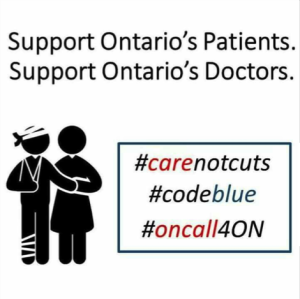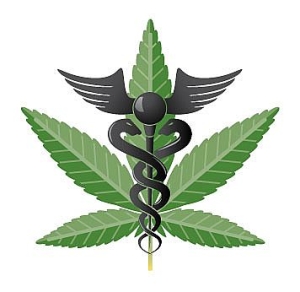Longing for Joy During the Holiday Season
I approach the holiday season with apprehension; it conjures up memories from my youth of disunity, abandonment and what seems like intractable melancholy and disappointment. King Solomon in the book of Proverbs, which is in the Ketuvim of the Hebrew Bible, states that “hope deferred makes the heart sick,” and merely writing these sentiments produces a visceral feeling of a sick, empty heart.






